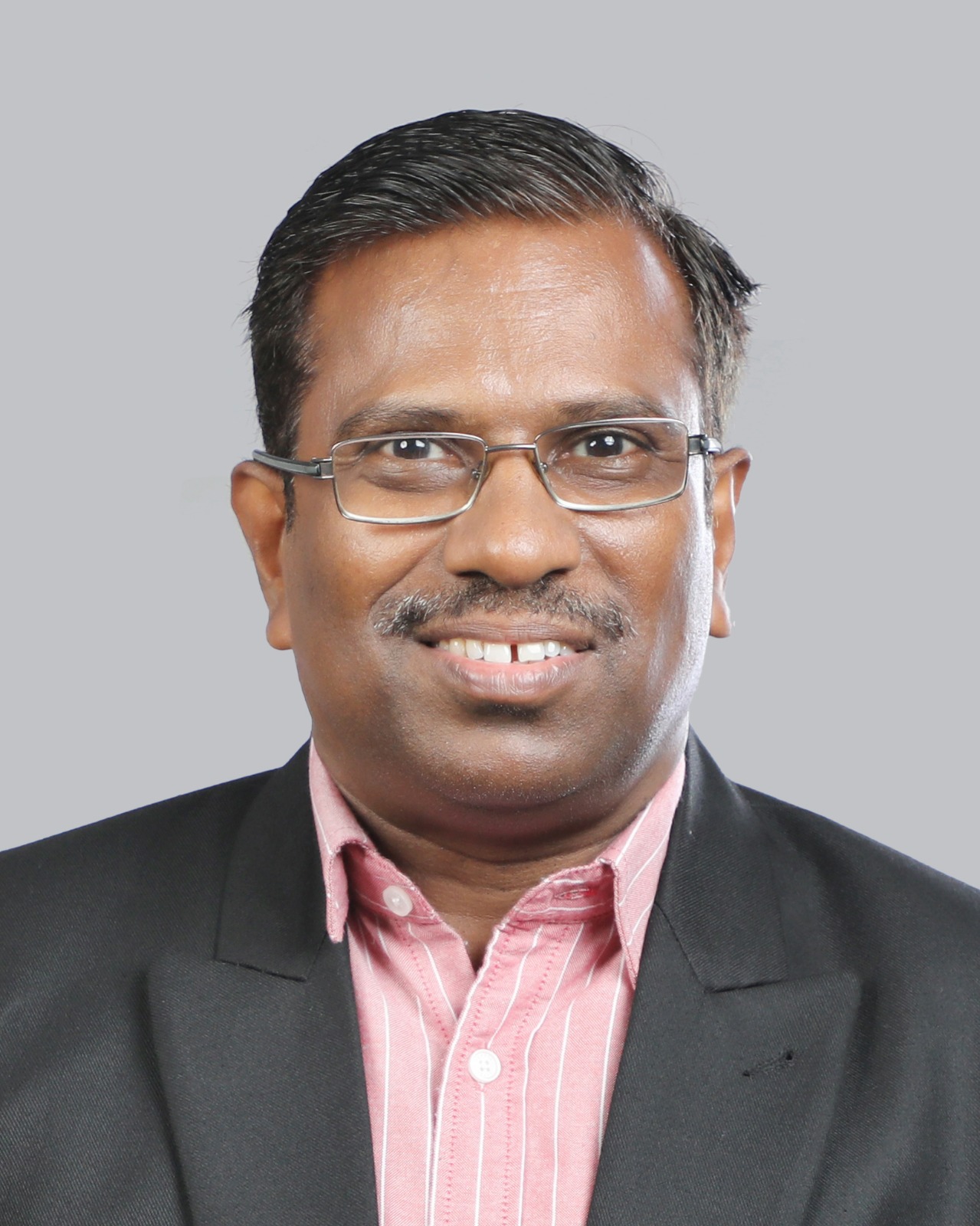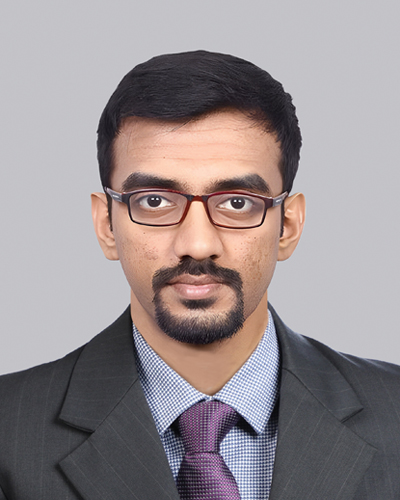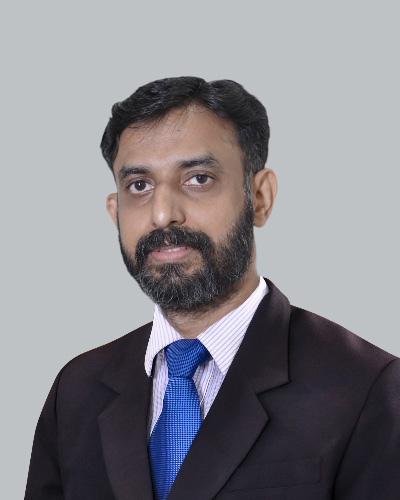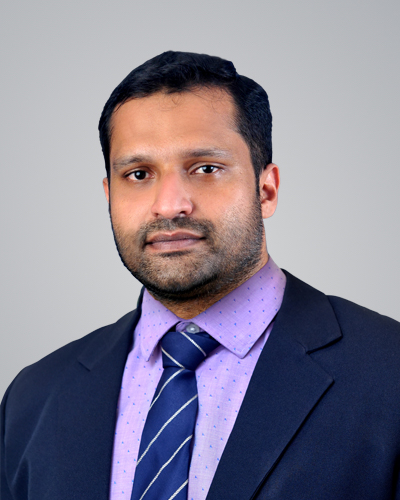The multi-faceted and world-class department of Medical Oncology at Aster MIMS Kannur delivers a comprehensive range of best-in-class, personalized, and affordable services in diagnosis to treatment, recovery, and prevention of Cancer. We cater to an inclusive range of Cancer subtypes across all age groups - both paediatric and adult.
Our experienced Oncologists works in tandem to provide multi-disciplinary, humane care to our patients in a safe and nurturing environment. We treat every case exclusively and every patient diagnosed with cancer is discussed in the Tumour Board meetings called Joint Clinic in Oncology to devise a personalised treatment plan.
The centre is regularly involved in raising awareness of early diagnosis and prevention of cancer. We also run North Kerala’s first Comprehensive Cancer Prevention Clinic know as Pink Clinic. This clinic is led by a Medical Oncologist, Gynaecologist and Head & Neck Cancer specialist. The aim is to do initial clinical risk assessment and screening followed by investigations as per International Cancer Screening Guidelines.
Our flawlessly perfected processes ensure we work in unison to deliver world-class cancer care. Our technologies, infrastructure and systems are comparable with the finest in their class and category.
Both in-patient and out-patient services are available.
Our Doctors
We have some of the best specialists from around the world, they bring years of experience and offer evidence-based treatment to ensure the best care for you.








